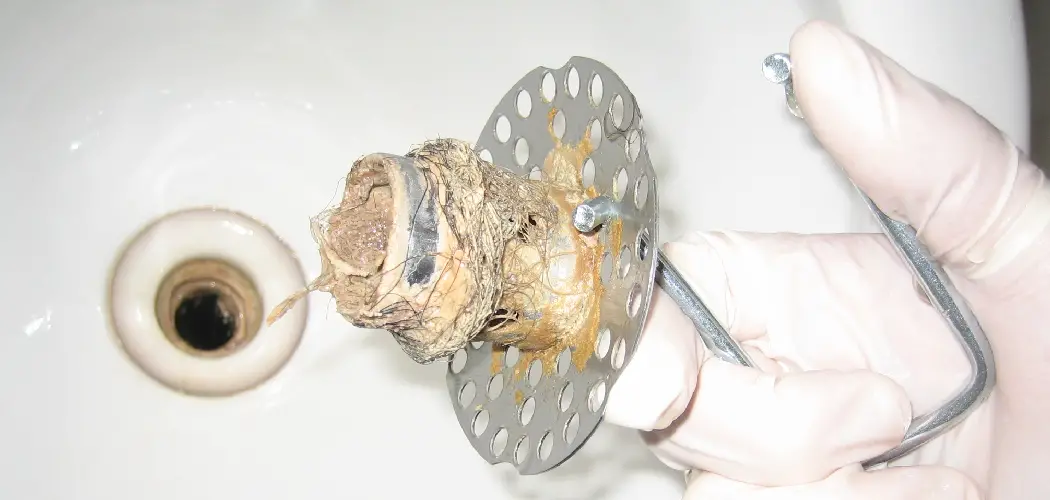Has your kitchen sink been draining slowly for days? It could be clogged up with grease and another build-up. A clog can make it difficult to rinse dishes and fill pots with water, but luckily, you don’t need a plumber to help—there are simple steps you can take at home to unclog the sink yourself. This blog post will explain exactly how to fix a sink clogged with grease—no plumbing experience necessary! Keep reading to learn more about what may be causing that sluggish flow of hot water and how you can clear the obstruction quickly and easily.
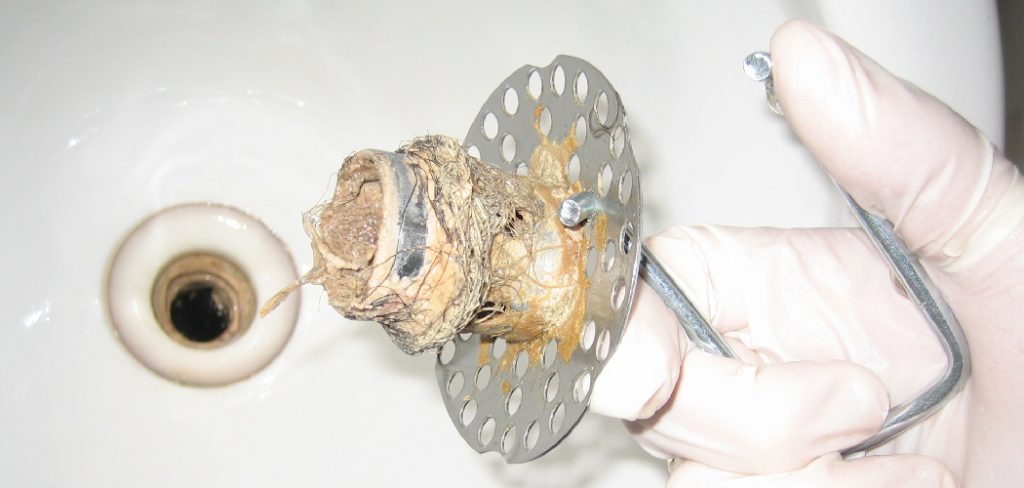
Does Drano Dissolve Grease?
If your sink has been clogged with grease, you may have heard that pouring Drano down the drain is an effective way to clear it. Unfortunately, Drano does not actually dissolve or break up grease—it’s mostly used for hair and other organic material that can cause a blockage.
This means it won’t be much help if it is your grease clogging up the drain. Though Drano is highly caustic and can damage pipes if used over a long period of time, it’s best to avoid it altogether when dealing with a grease clog. Additionally, if you’ve already used Drano and it hasn’t cleared the clog, there may be another issue causing the slow drainage.
10 Methods How to Fix a Sink Clogged with Grease
1. Use Boiling Water
One of the easiest ways to unclog a sink that is clogged with grease is to simply use boiling water. Boiling water will help to melt the grease and allow it to flow down the drain. Simply boil a pot of water and pour it slowly down the drain. If this does not work, you can try repeating the process a few times. Although this method is simple, it is not always effective in completely removing the clog.
2. Use a Plunger
If boiling water does not work, you can try using a plunger. Be sure to cover the overflow hole with the plunger before you begin so that you can create a seal. Pump the plunger up and down vigorously and see if the clog starts to loosen. If it does not, try a few more times until the clog starts to clear up. Be sure to flush out the sink afterward to make sure the clog is completely gone. Although it can be a bit messy, plunging is usually the most effective way to clear up a clogged sink.
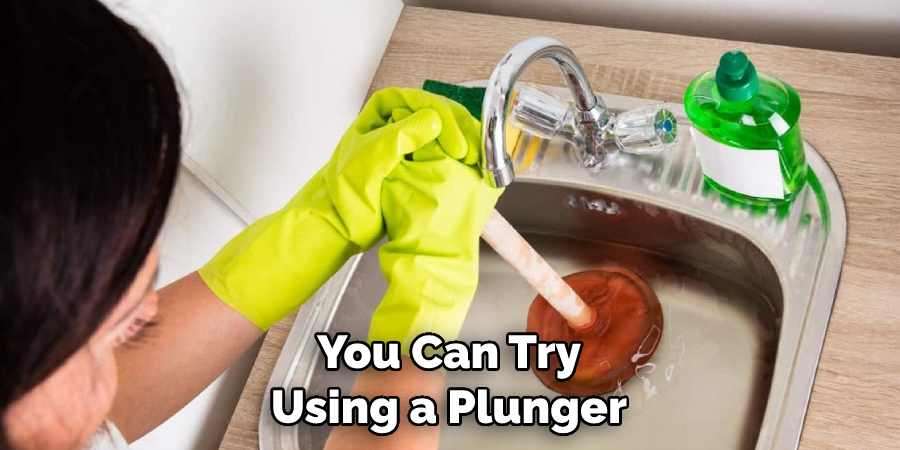
3. Use Dish Soap
Dish soap can also be used to help break down grease and allow it to flow down the drain. Simply pour a generous amount of dish soap down the drain and let it sit for several minutes before running hot water down the drain.
If the clog is severe, you may need to repeat this process a few times. Alternatively, you can add baking soda and vinegar to the dish soap to create a concoction that will help dissolve the grease buildup. Make sure to run plenty of hot water down the drain afterward.
4. Use Baking Soda and Vinegar
Baking soda and vinegar are other effective combinations for breaking down grease and unclogging drains. Simply mix equal parts of baking soda and vinegar together and pour it down the drain. Wait for several minutes before running hot water down the drain. If you don’t have baking soda, you can try using a mixture of one cup of vinegar and one-half cup of salt.
This combination works especially well on greasy pipes. If your drain is still clogged after using baking soda and vinegar, it’s time to call the plumber. When it comes to unclogging your drains, there are several options available to you. From using a plunger or special chemical cleaners to natural home remedies, you can easily get your drain flowing freely again.
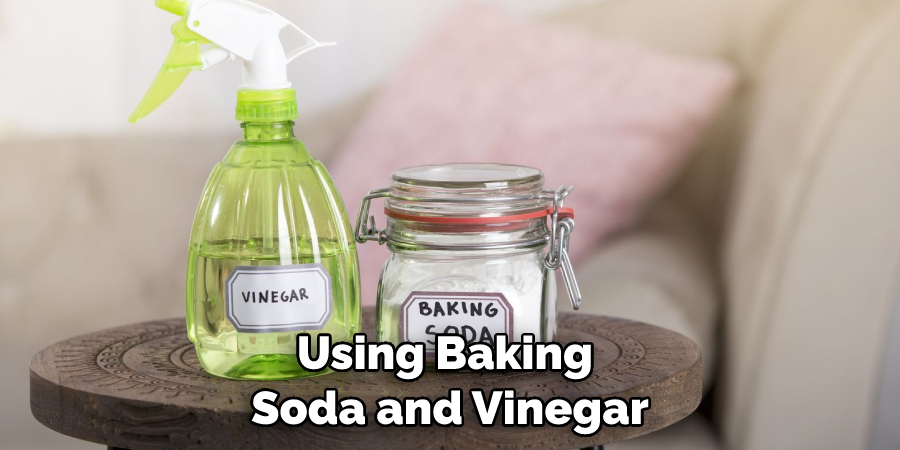
5. Use Salt and Baking Soda
Salt and baking soda are other effective combinations for unclogging drains clogged with grease. Simply mix equal parts salt and baking soda together and pour it down the drain. Wait for several minutes before running hot water down the drain.
This solution works because the salt and baking soda create an alkaline reaction that helps break down grease and other substances. Also, it does not damage or corrode the pipes in any way. Repeat this procedure once a week to keep your drains clog-free. Although this may not be the most effective solution for very severe blockages, it is still a good option for maintaining the cleanliness of your drains.
6. Use a Wire Hanger
For clogs that are deep in the pipes, you can use a wire hanger to try to dislodge them. Straighten out a wire coat hanger and insert it down the drain. If you feel any obstructions, wiggle the wire hanger around until the clog is loosened up enough for water to pass through.
After you have cleared the blockage, remove the hanger and flush it with hot water. Be sure to wear protective gloves when handling the wire hanger. While this method is an option, it should be used as a last resort if the other methods have failed.
7. Use Caustic Soda
Caustic soda (lye) is an effective way of breaking down grease clogs. Simply pour 1/2 cup of caustic soda down the drain and let it sit for 10 minutes before flushing it with hot water.
Be sure to wear protective gloves when handling caustic soda. However, use caution as caustic soda can cause damage to pipes. If the clog is severe, it may be best to call a professional plumber to clear the clog and inspect the pipes. Make sure to never mix caustic soda with any other cleaning products.
8. Use a Plumber’s Snake
If all else fails, you can try using a plumber’s snake. A plumber’s snake is a long flexible wire with an auger head on the end that can push through clogs to help clear them. Simply insert the auger into the drain and move it back and forth until you feel any obstructions. Once the obstruction is dislodged, use hot water to flush out the debris. Though this method may not work for all clogs, it can be a lifesaver in the most stubborn cases.
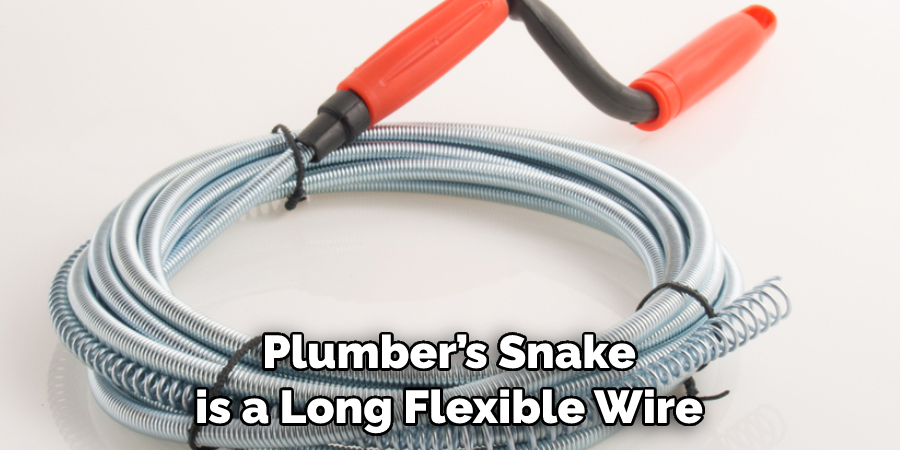
Remember, when dealing with clogged drains, always consult a professional plumber if you are unable to clear the clog yourself. They will be able to identify and fix the issue quickly and safely.
9. Call a Professional Plumber
If none of these methods work, then it may be time to call in a professional plumber who has experience dealing with grease clogs. A professional plumber will have both knowledge and tools to clear up even the toughest of clogs.
When it comes to grease clogs, the sooner you can get a plumber in to help, the better. Grease that sits in your pipes can solidify and cause more damage over time, so it’s important to get the problem taken care of quickly. If you’re dealing with a grease clog, don’t hesitate to call in a professional. They can help you get your drains back up and running in no time.
10. Use a Chemical Drain Cleaner
As a last resort, you can try using a chemical drain cleaner to clear up grease clogs. Be sure to use caution when working with these products, as they can be very caustic and may cause damage to your pipes if used too often or in high concentrations.
Always read and follow directions carefully when using these types of products. If the clog persists after using the chemical drain cleaner, it may be time to call a professional plumber for assistance.
By following these tips, you should be able to successfully unclog your sink that is clogged with grease. If none of these methods work for you, it’s best to call a professional plumber who can help diagnose the issue and identify the best solution for you.
Things to Consider When Fixing a Sink Clogged with Grease
1. Use an Enzymatic Drain Cleaner:
Enzymatic cleaners are designed to break down proteins, fats and greases that become lodged in the sink pipes. Before pouring any cleaner down the drain, check labels to make sure they are safe for use in kitchen sinks.
2. Run Hot Water:
Before attempting to clear a clog with chemical cleaners or plungers, try running hot water down the drain. The high temperature and pressure of the water may be able to push through the grease and dislodge it from the pipe walls.
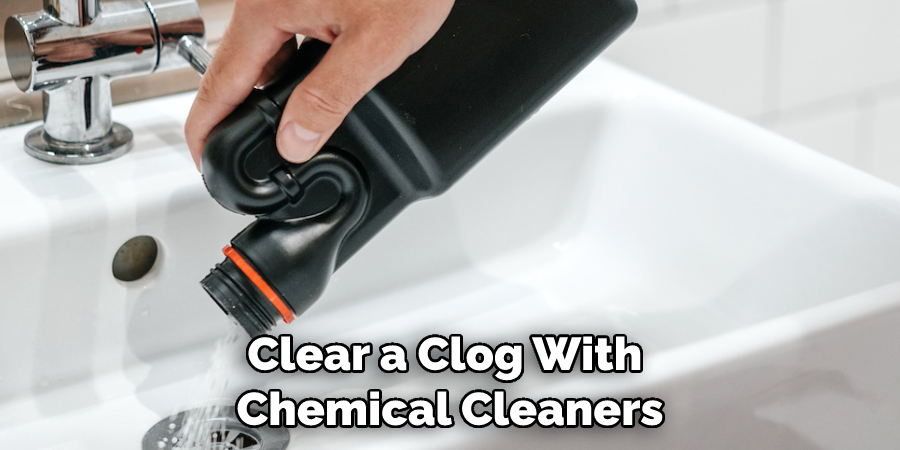
3. Unclog With a Plunger:
One of the most effective ways to remove a stubborn clog is by using a plunger that fits snugly against the sink basin. Make sure there is enough water in the sink so that when you plunge, it creates suction that can help clear out the clog.
Conclusion
If your sink is clogged with grease, don’t despair. With a little elbow grease of your own, you can clear the clog and be back to washing dishes in no time. First, try boiling water. If that doesn’t work, you can use a plunger or an auger to dislodge the blockage. And if those methods don’t do the trick, you may need to call in a professional. But whatever you do, don’t pour chemicals down your drain – they may seem like they’re working at first, but they’ll just end up making things worse in the long run.
Thanks for reading our blog post on how to fix a sink clogged with grease! We hope you found it helpful and informative.

